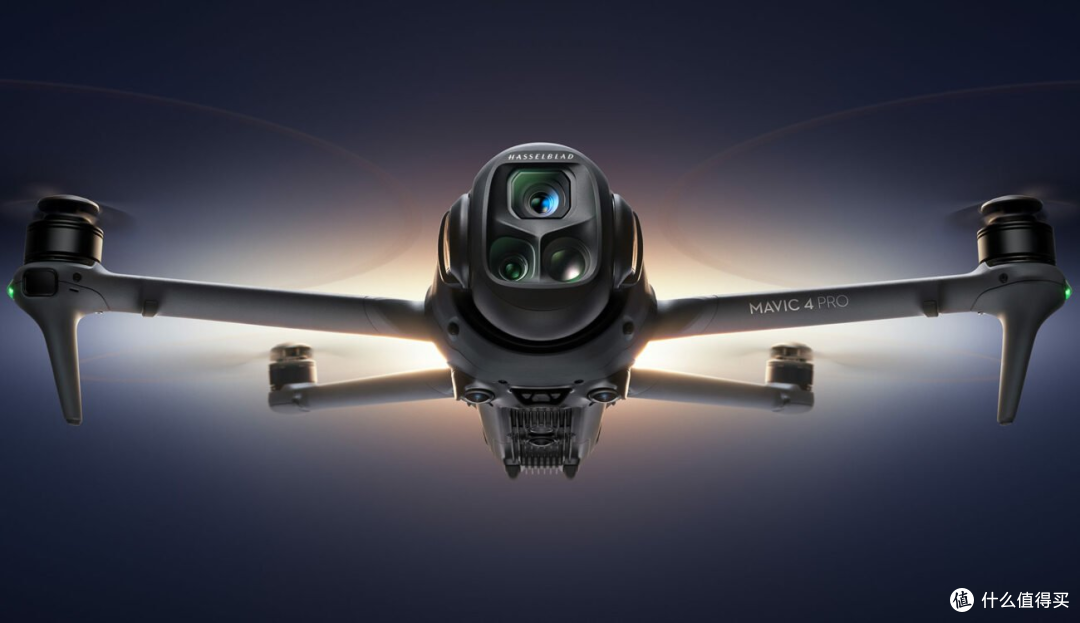Hobby vs Commercial Use
For hobbyist drone operators, the rules are less stringent than they are for commercial pilots. If you’re flying for fun, the FAA doesn’t require a license, but compliance with community-based safety guidelines, such as those established by the Academy of Model Aeronautics, is essential. Additionally, drones weighing more than 0.55 pounds must be registered with the FAA.
drone operators, the rules are less stringent than they are for commercial pilots. If you’re flying for fun, the FAA doesn’t require a license, but compliance with community-based safety guidelines, such as those established by the Academy of Model Aeronautics, is essential. Additionally, drones weighing more than 0.55 pounds must be registered with the FAA.
Drone Registration and Weight
Registration is not only about the weight of the drone but also a legal acknowledgment of ownership. Drones under 0.55 pounds do not require registration, but this does not absolve operators from adhering to flight guidelines. For drones over this weight limit, registration is mandatory, emphasizing the responsibility the FAA entrusts to drone owners.
Commercial Drone Use
Flying drones commercially involves an array of applications, from aerial photography to precision agriculture and infrastructure inspection. To ensure these activities comply with the law, the FAA requires pilots to have a Remote Pilot Certificate, which involves passing an aeronautical knowledge test at an FAA-approved testing center.
Legal Considerations
Aside from FAA regulations, drone pilots must abide by state and local laws, which can vary widely. Checking local ordinances before flying is advised, as some areas impose specific restrictions. Privacy issues are also a major concern, and operators should respect people’s privacy rights while flying.
Common Questions
- Do hobbyist drones require insurance? Not necessarily, but obtaining insurance is highly recommended as drones can pose risks to people and property.
- Can I fly my drone at night? Yes, but only if it is equipped with lights that make it visible to operators.
- What happens if my drone crashes? The operator is responsible for damages caused, making it crucial to have liability insurance.
Knowing these regulations ensures safe and enjoyable drone operations while avoiding hefty fines and legal issues. As technology evolves, staying informed about drone laws and best practices is more critical than ever.